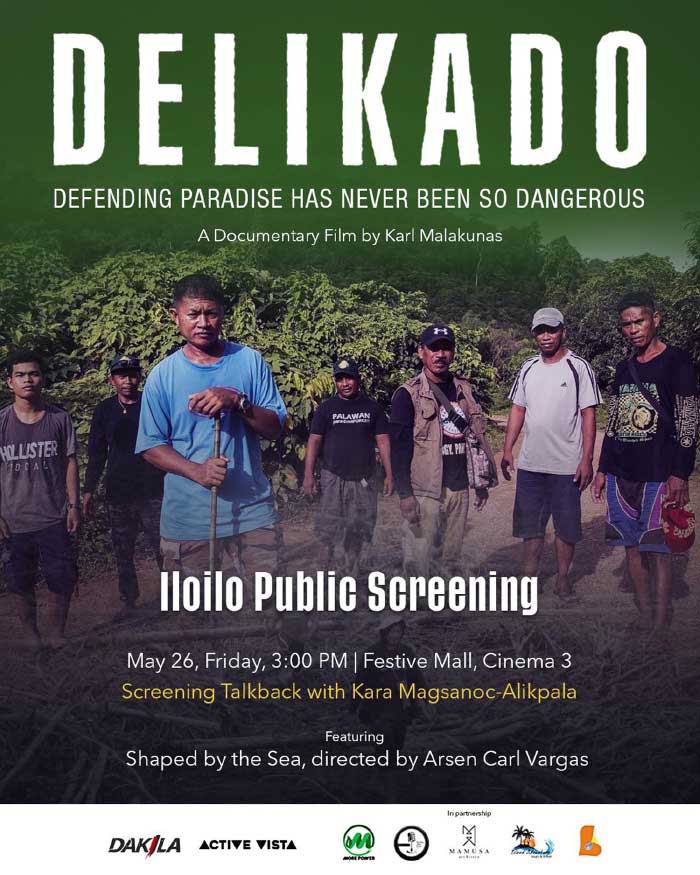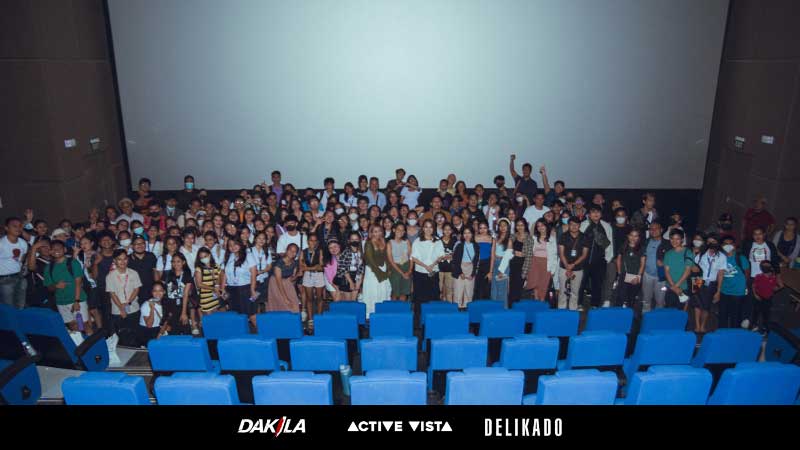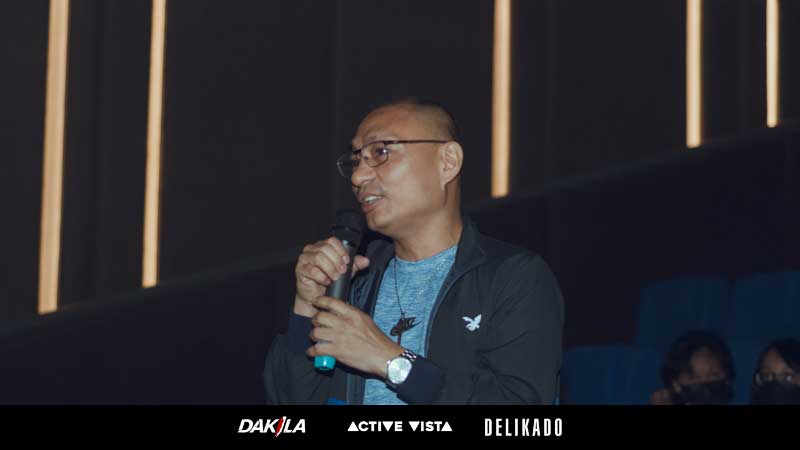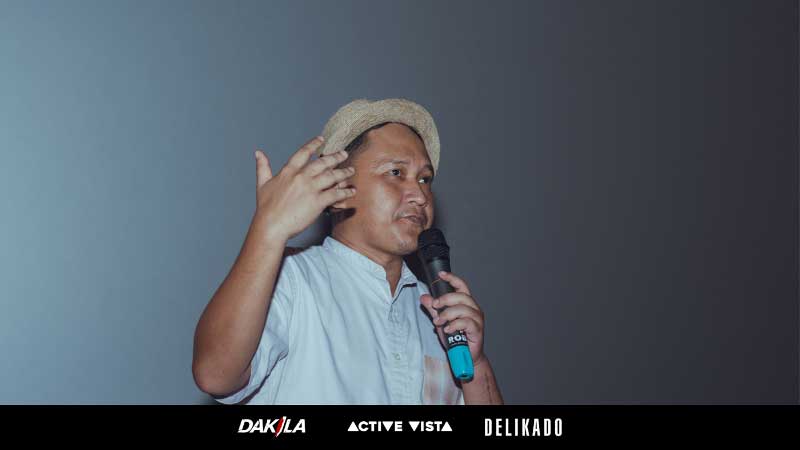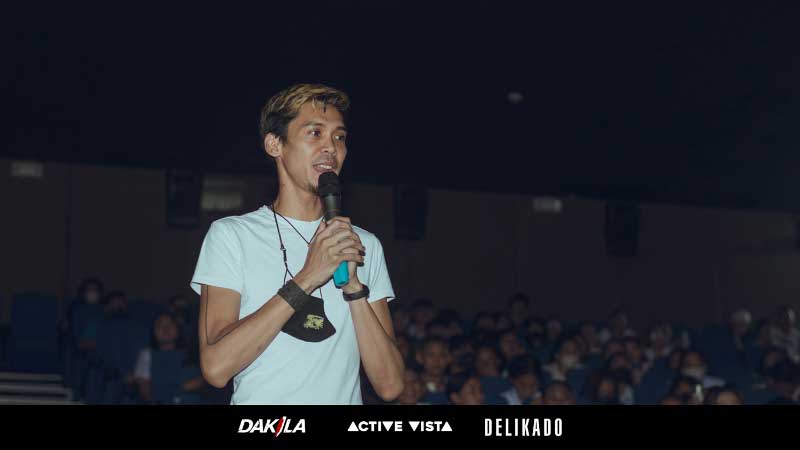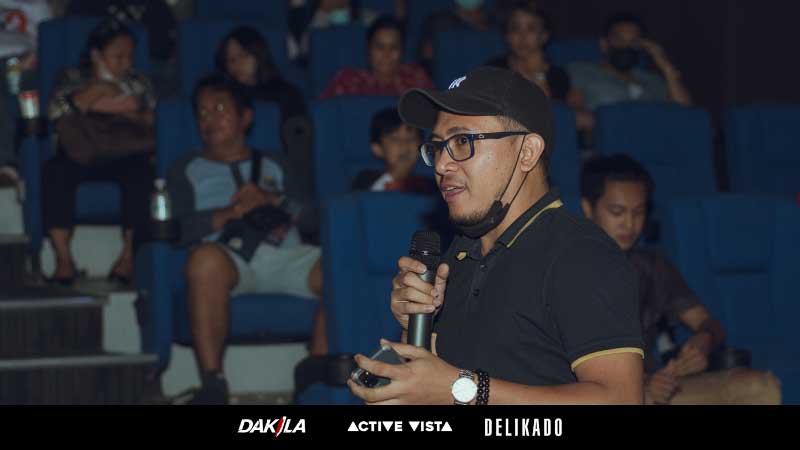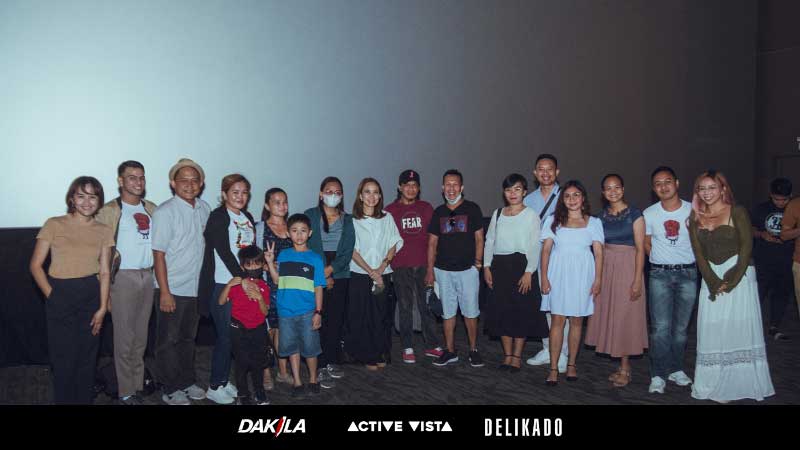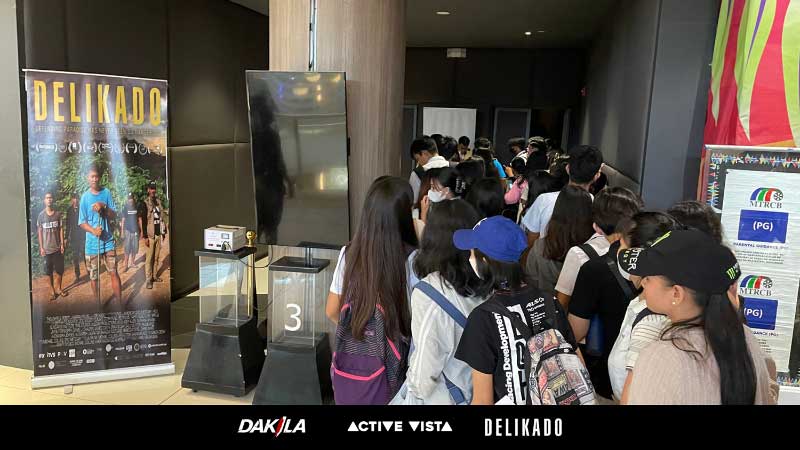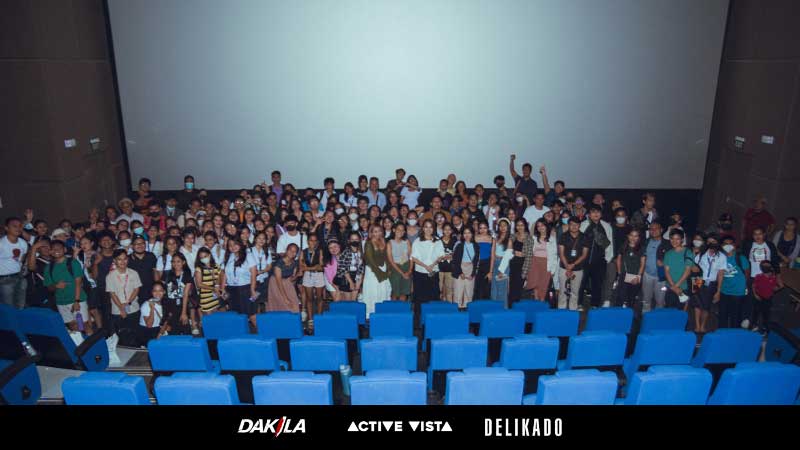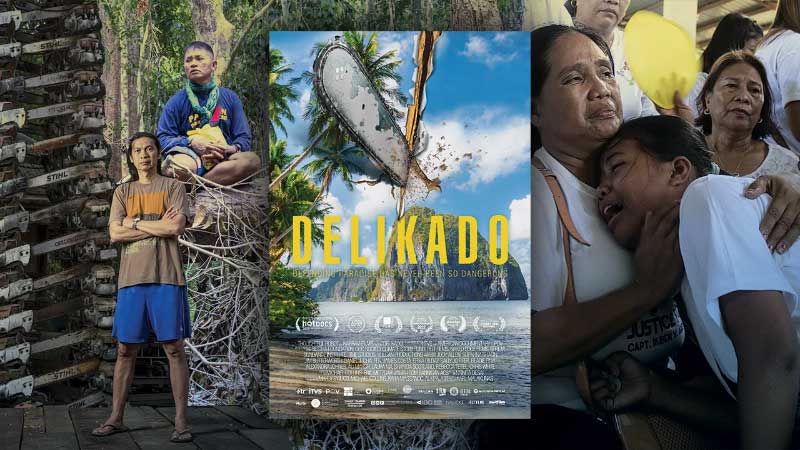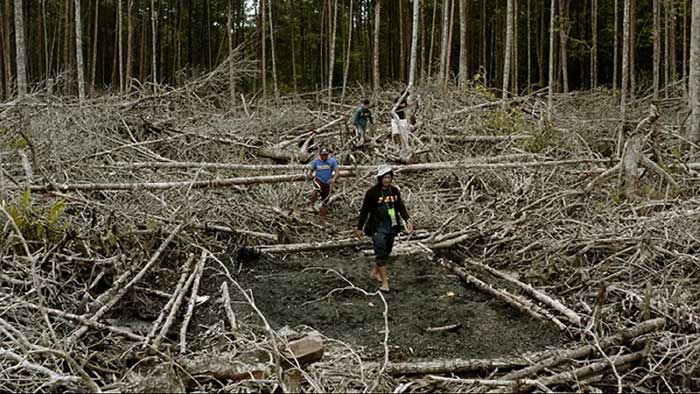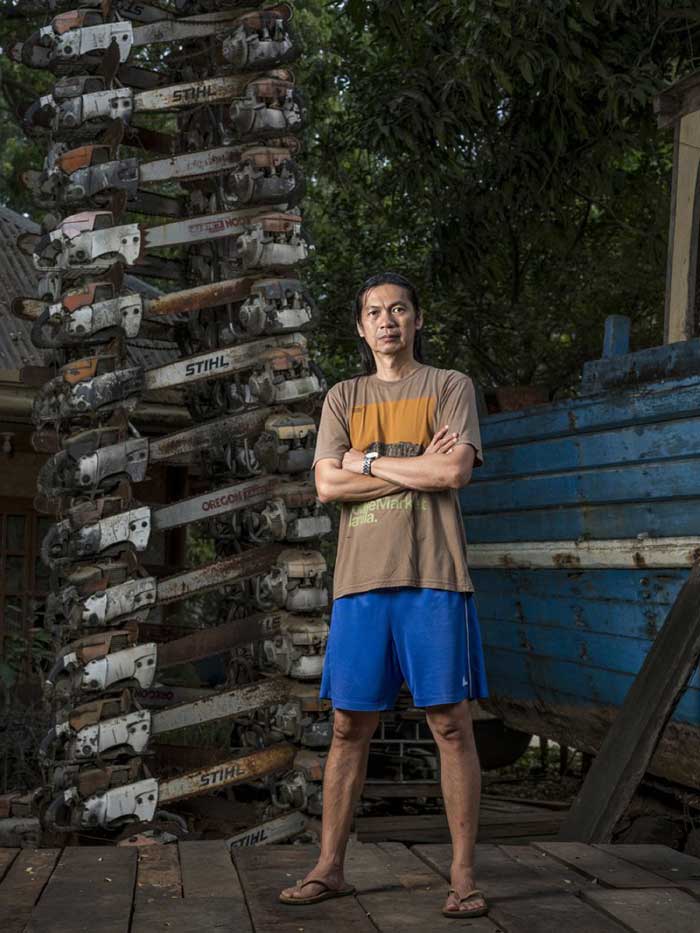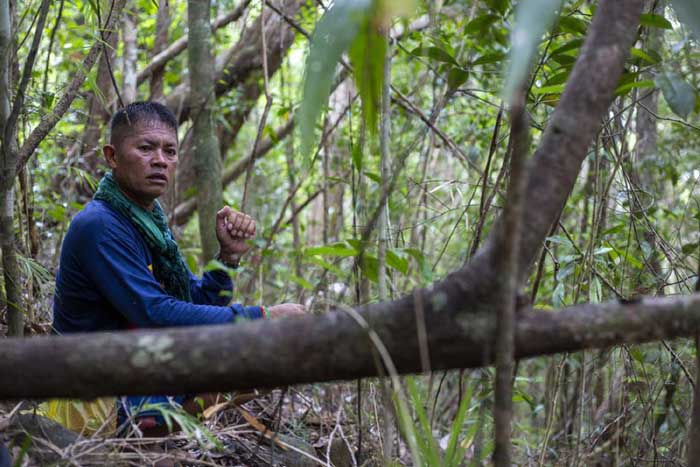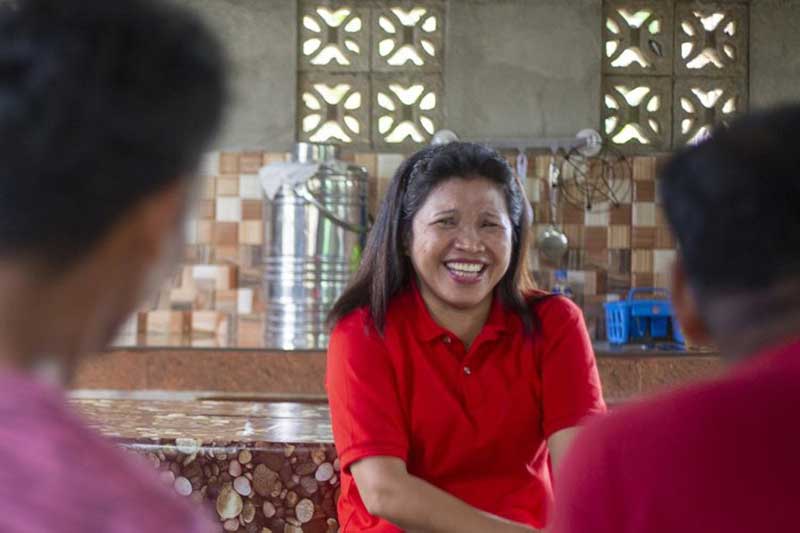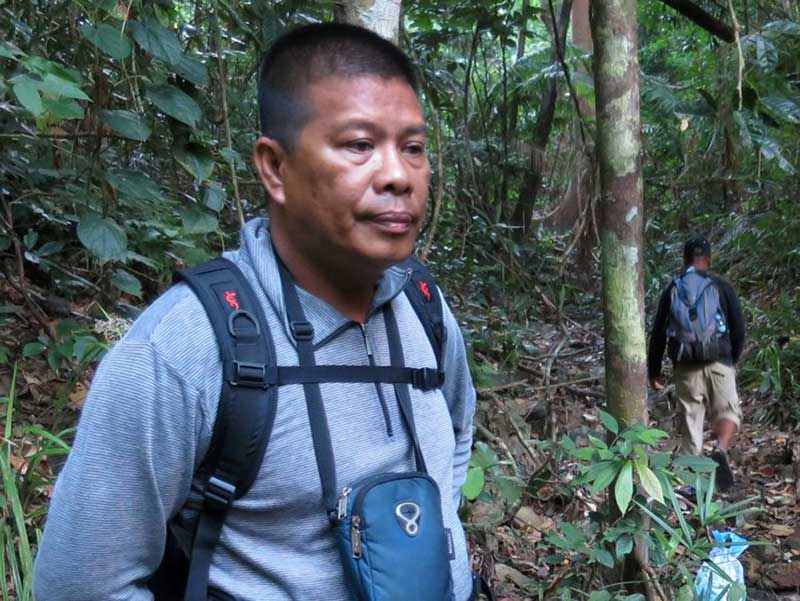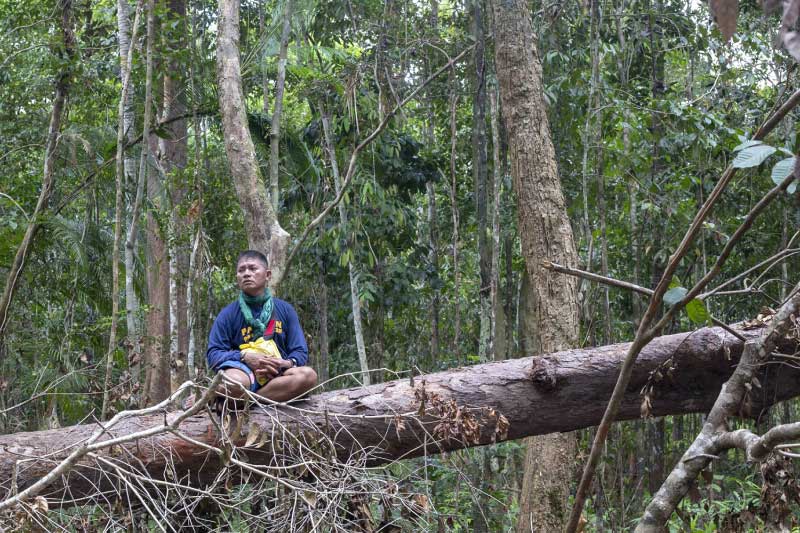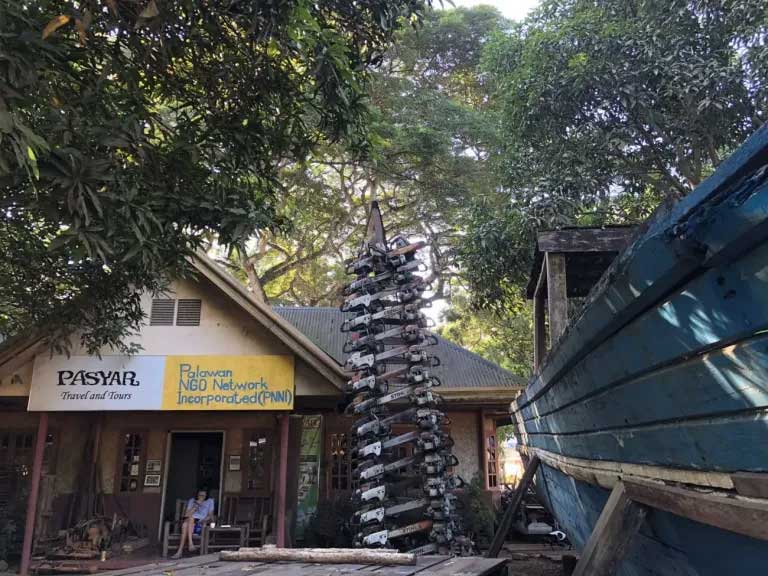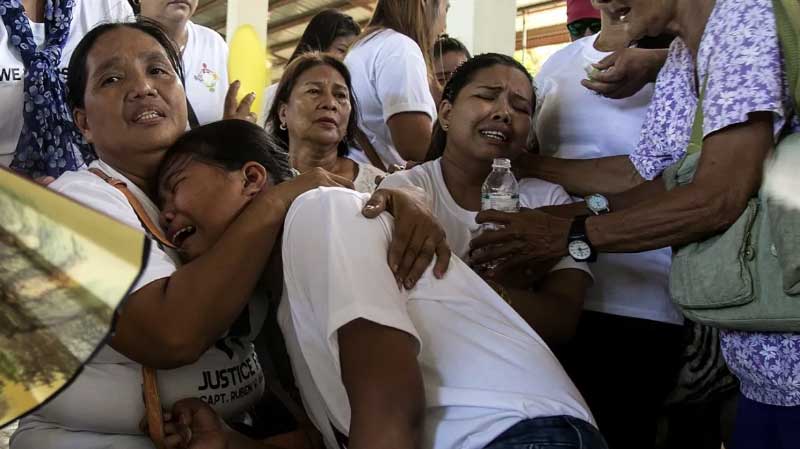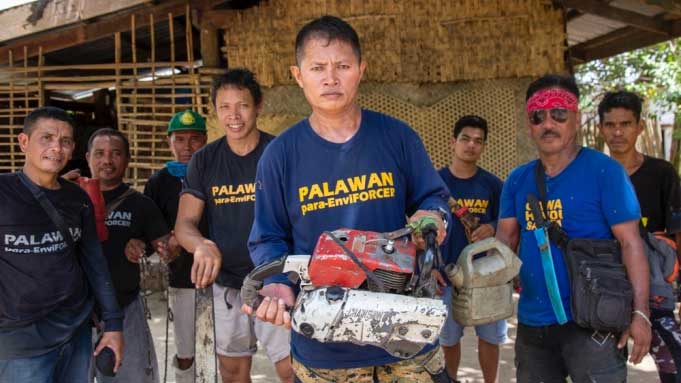By Dr. Herman M. Lagon
IN OUR world today, where environmental destruction casts a dark shadow, the documentary film “Delikado” illuminates the brave struggle of environmental defenders in Palawan, Philippines. Under the skillful direction of Karl Malakunas, this impactful film captures the battle to safeguard Palawan’s natural resources from unlawful exploitation. As we witnessed the compelling stories of Bobby, Tata, and Nieves unfold on the screen last Friday (May 26) at Festive Mall Iloilo, thanks to Dakila, it became evident that combining individual efforts and collective movements is vital in defending the environment against entrenched political forces.
Palawan, the “last ecological frontier,” is in peril. The government’s negligence in enforcing environmental laws and curbing illegal logging and fishing jeopardizes this paradise. Delikado uncovers the stark truths hidden beneath the veneer of tourism, development, and the dignity of the ballot. The struggles of these environmental defenders echo similar battles worldwide, where profit often triumphs over the well-being of our planet, fueled by corporations and governments.
In a world where indifference towards environmental issues looms large, Delikado serves as a powerful wake-up call. It reminds us of the pressing need to strike a balance between progress and caring for our shared home. The film emphasizes the significance of sustainable campaigns involving individuals and communities. Even the smallest contributions can create a ripple effect that inspires others to take action.
In this regard, Pope Francis’ encyclical Laudato Si shines as a guiding light. The Pope’s message emphasizes the interconnectedness of environmental, social, and economic concerns. He calls for a holistic approach that blends personal responsibility with collective action. Laudato Si invites us to reflect on our relationship with nature and strive for an integrated ecology that respects the environment and promotes justice for all.
Delikado and Laudato Si share a common goal: protecting our planet and its inhabitants. They remind us that defending the environment is not solely the responsibility of governments and organizations, but a duty that falls on each one of us. When individuals join organized movements, their collective power becomes a force to be reckoned with. Together, we can challenge the status quo and demand accountability from those who endanger our planet’s well-being.
However, the road ahead is not without challenges. Some people have become apathetic, enticed by short-term gains or overwhelmed by the enormity of the environmental crisis. But we must not lose hope. Delikado and Laudato Si urge us to persevere, to continue raising awareness, and to inspire others to join our cause. The actions we take today will shape the future for generations to come.
The screening of Delikado provides an opportunity for us to come together, to witness the struggles of environmental defenders, and to ignite a sense of urgency within ourselves. It invites us to reflect on the values we hold dear and the legacy we wish to leave behind. Let us seize this moment and commit to protecting our planet, not just for the people of Palawan but for all Filipinos and the global community. By combining individual grassroots campaigns with organized movements, we can create a sustainable future that preserves the beauty and diversity of our world.
***
Dr. Herman Lagon serves as the Director of International Affairs and Linkages at ISUFST. Sir H is a licensed physical science teacher, civil engineer, and guidance counselor, who is currently completing his Educational Leadership degree at the USLS. He considers himself a ‘student of and for life’ who, like many others, aspires to a life-giving world that is grounded in social justice.
***
Photos from Dakila (Nobility) or the Philippine Collective for Modern Heroism, a group of artists, students, and individuals committed to working together to creatively spark social consciousness formation towards social change.


















